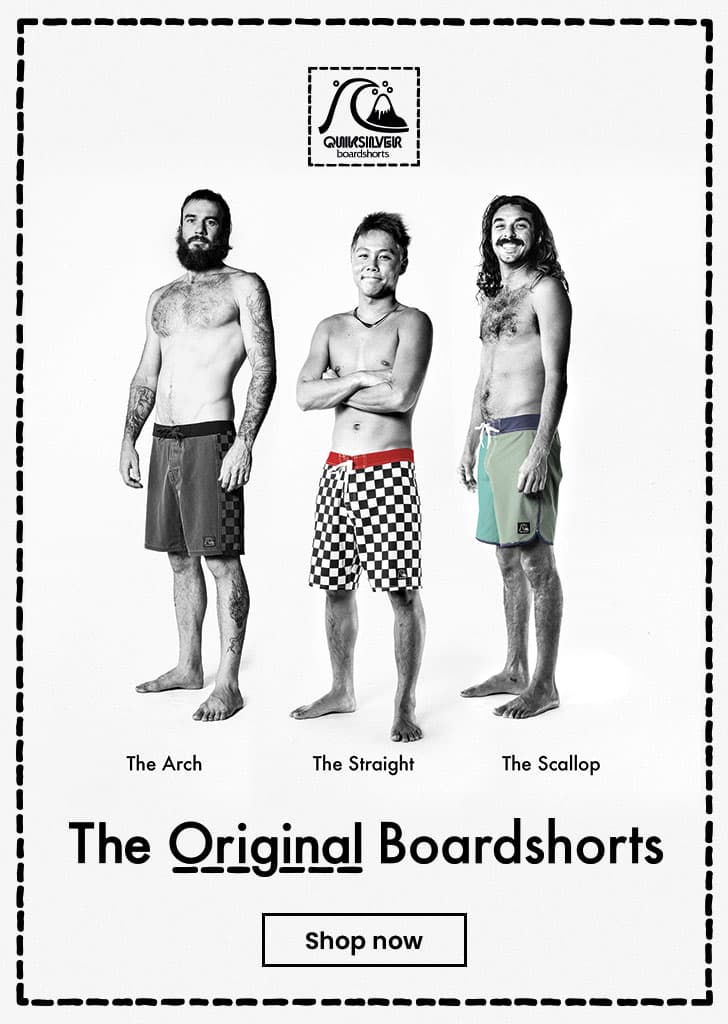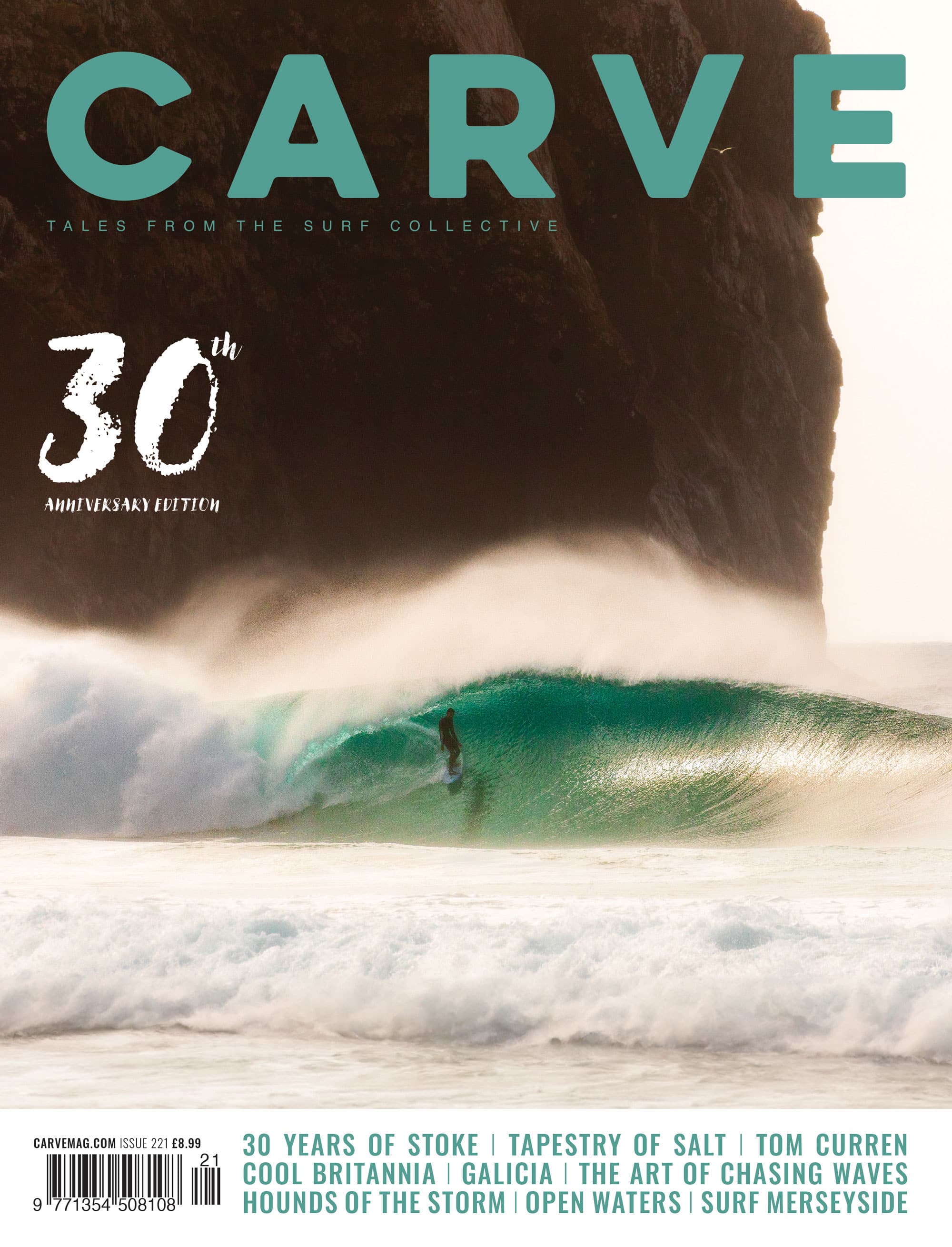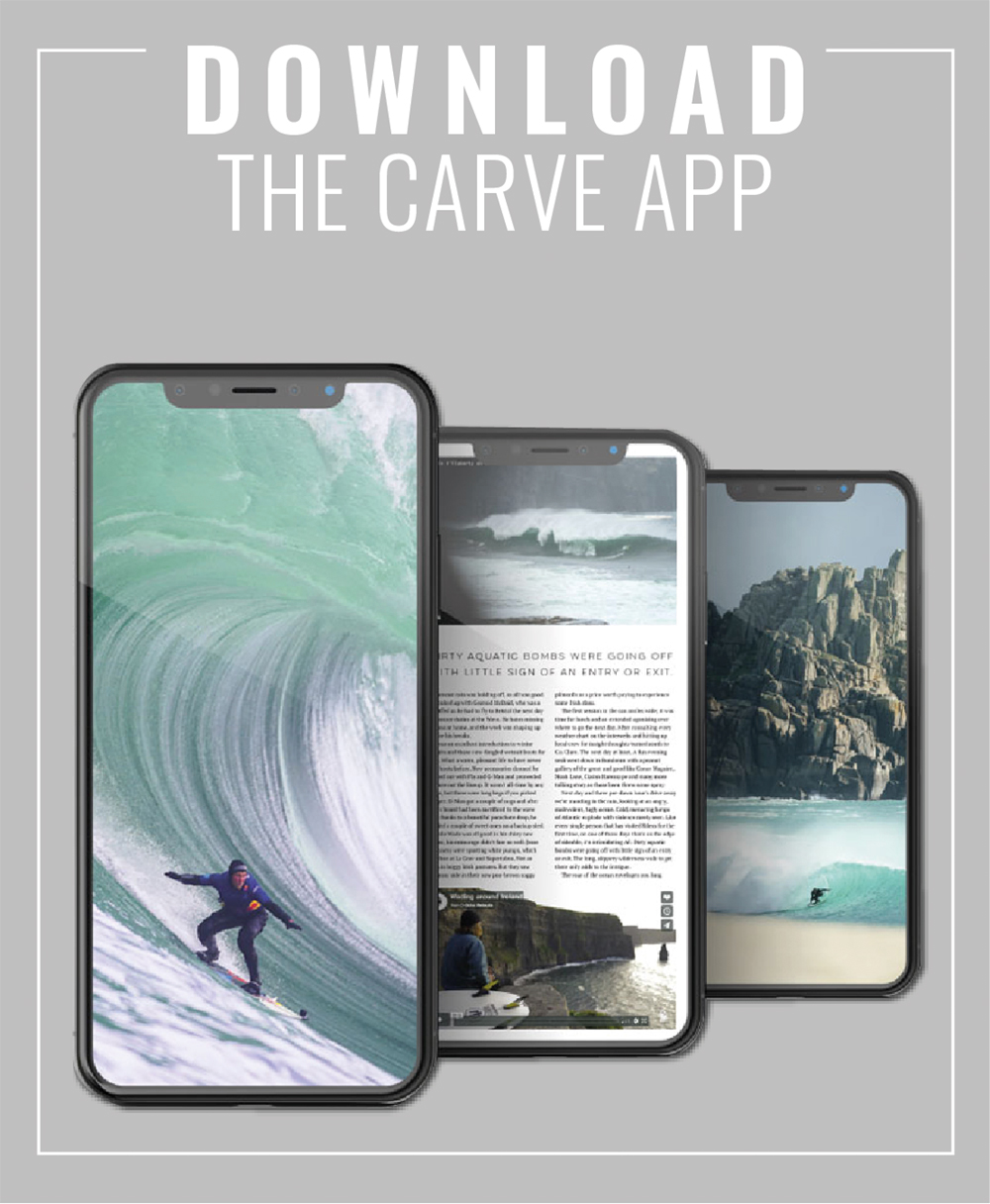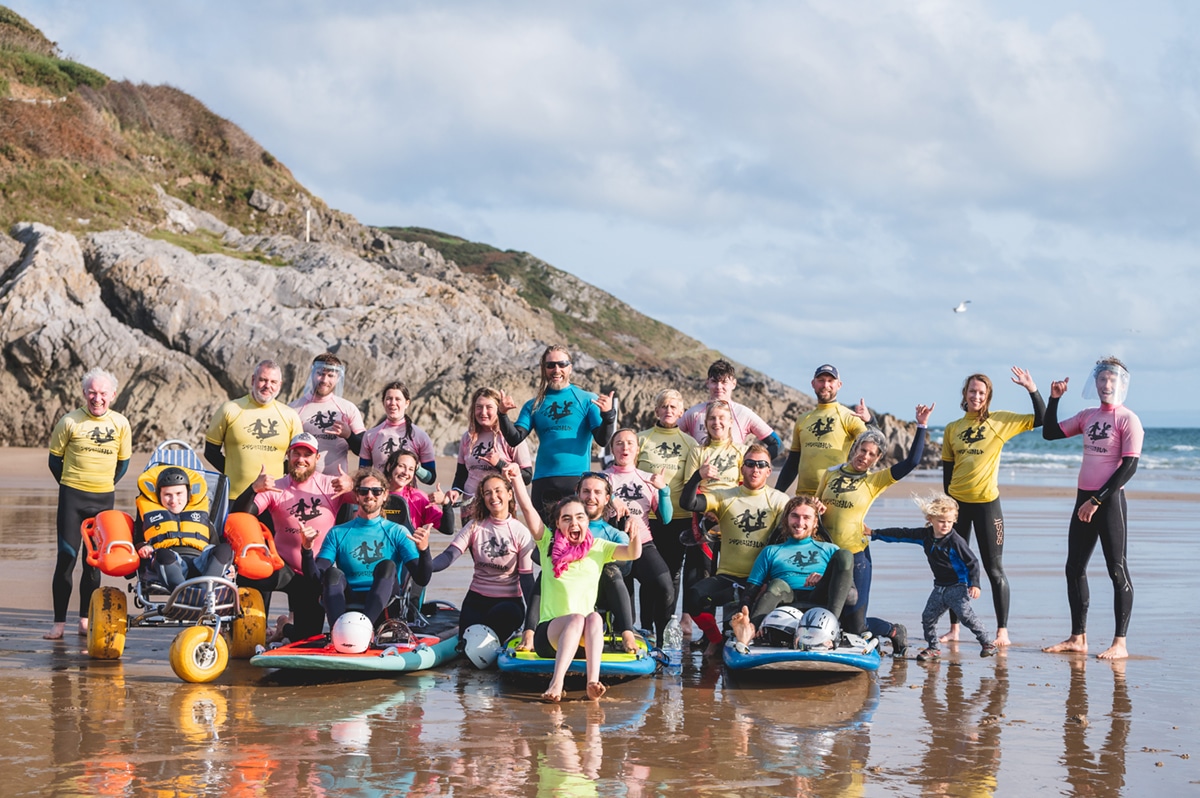
An adaptive surf school in Swansea is the proud owner of the UK’s first purpose-built, inclusive surf facility, following a visit from the BBC’s DIY SOS team and Children in Need.
Surfability UK supports more than 500 surfers from all over the Britain, helping them to overcome physical impairments to experience the thrill and freedom of riding the waves.
The community interest company had been operating out of a dilapidated bus stop with no electricity, running water or ventilation.
Now, thanks to hundreds of local volunteers, the surf school has a state-of-the-art, eco-friendly headquarters. The new build gives clients a safe, dry space to change in privacy for surf sessions, while the bus stop – now fully renovated – provides secure surfboard storage.
Swansea-based Huw Griffiths Architects designed a building that draws inspiration from its surroundings. Surfboard-shaped and in tones of blue, sand and driftwood, the facility sits naturally in the picturesque environment of Caswell bay on Wales’s Gower peninsula. Power is provided by solar panels, while the flat grassed roof features locally-sourced plants.
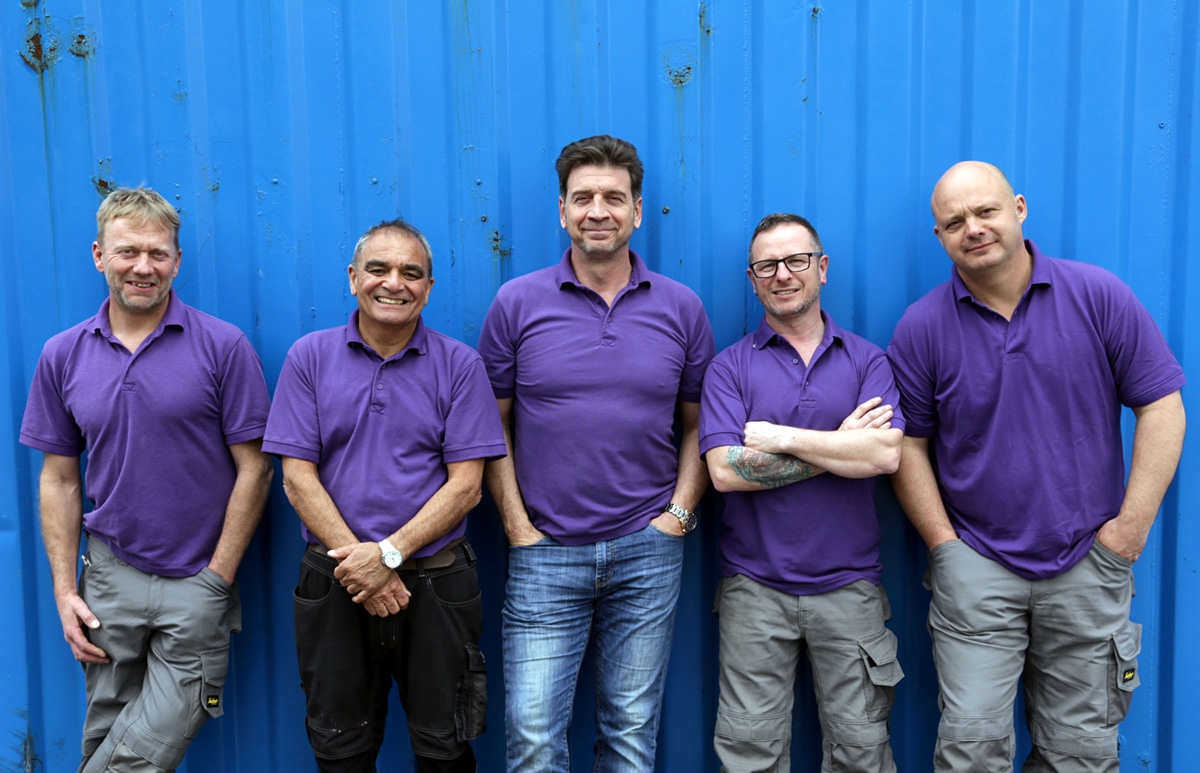
“It doesn’t feel real. It’s just so different,” says Surfability UK founder and director, Ben Clifford.
“It’s been raining so hard this week. Usually we would come down an hour early to bail out the building before we start our day. We used to put bricks down to use as stepping stones through the water. It was cramped, dark and full of spiders.
“Now we have wet and dry storage so all the gear can stay in top condition. It’s so much easier already, and all our participants love the changing rooms. It’s incredible to have different rooms for different equipment.
“Light switches, windows, desks and counters are all at wheelchair height, the doorways are wider. Everything has been done to accommodate our surfers.”
On the project’s socially-distanced final day, DIY SOS presenter Nick Knowles spoke of the “extraordinarily difficult” task of completing the build under Covid-19 restrictions.
“As far as we’re aware, it’s the first purpose-built facility of its kind anywhere in the world. It’s an extraordinarily beautiful building – something that Swansea, south Wales and indeed the UK can be very proud of,” Mr Knowles said.
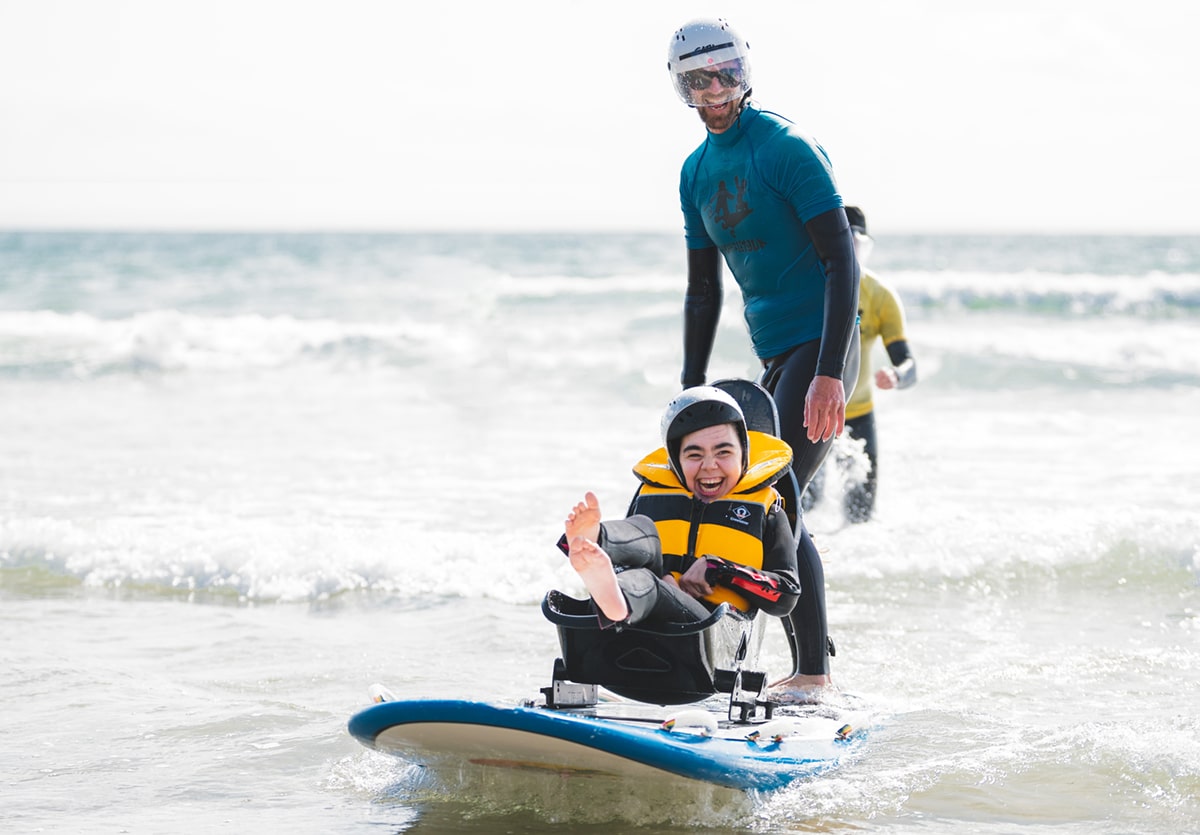
As adaptive surfing evolves and improves accessibility at grassroots level, its growth plays out on the elite stage: this year’s edition of the AmpSurf ISA World Para Surfing Championships broke participation records as 140 athletes from 24 national teams competed at La Jolla, California.
“We’re really close to ticking all the boxes for adaptive surfing to become a Paralympic sport – that’s the next step,” Ben says, as surfing prepares to make its Olympic debut at the postponed Tokyo Olympic Games, now set to take place in the summer of 2021, according to the Tokyo2020 website.
Thanks to the pioneering work of Ben and his team, the future of this sector looks overwhelmingly positive, with countless individuals across the UK and the world set to defy their disabilities and share the stoke of riding waves. But for now, the miracles keep happening down at Caswell bay.
“I’ve got a student who is visually impaired and able to paddle the board, get to his feet and ride waves unassisted. I’ve coached a 50-year-old guy who has one leg and a 13-year-old boy with cerebral palsy,” Ben says.
“They want to surf every Saturday come rain or shine. It’s an honour to be able to help them. People see that on the beach and they’re blown away.
“We have quadriplegics and people with cognitive disabilities. They can’t swim but they want to surf every week. They don’t see barriers, so why should there be any?”
The interior of Surfability UK’s new headquarters will be unveiled on the DIY SOS Big Build Children in Need special on Thursday 12th November on BBC One.
If you would like to show your support for the vital work being done by Surfability UK, you can donate to BBC Children in Need at bbcchildreninneed.co.uk.

